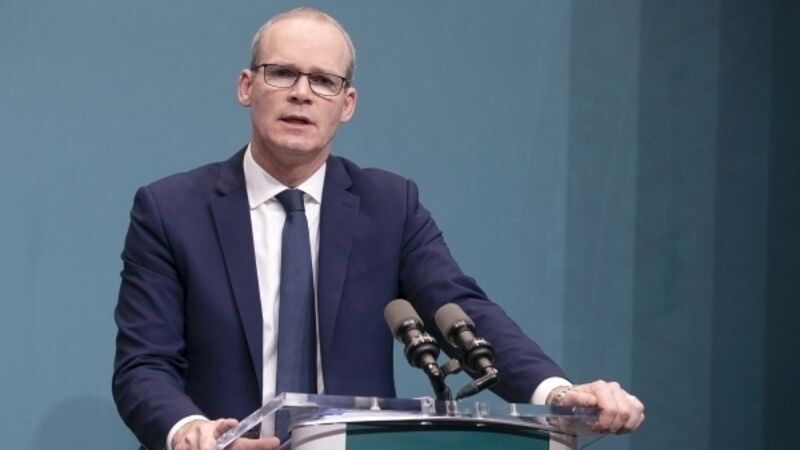No-deal Brexit a ‘disruptor’ to Irish economy

The Government have warned that a no-deal Brexit will be a “fundamental disruptor” to the all-island economy.
It has also emerged that that only a small fraction of a €300m emergency loan scheme has been drawn down by firms as the Brexit deadline possibility of no-deal draws closer.













